
Feeling the War
2007: The ambulance arrived within less than five minutes. Our apartment was turned into a miniature hospital, complete with beeping monitors to measure my...

The ambulance arrived within less than five minutes. Our apartment was turned into a miniature hospital, complete with beeping monitors to measure my Lydia's oxygen level and heart functions.
In Jerusalem, we barely feel the war. All right, the price of vegetables is almost double of what it was a week ago, but other than that, everything appears normal, at least on the surface.
My children, however, who live near a high security area in the north, have been spending their days and nights in the bomb shelter. Every time the sirens blare, my grandson pales and starts shaking like a leaf. My granddaughter vomits.
I’ve been begging them to come to Jerusalem, but, ever optimistic, they assure me that everything will soon be calm and there is no reason to run. And besides, they’re afraid to leave the protection of their shelter to make the trip to Jerusalem.
Friday afternoon, just one hour before candle lighting, I received a call. “We’re leaving now!” my daughter-in-law informed me. I could hear the hysteria in her voice. “The bombing was heavy. We have to get out of here.” Somehow they managed to find a taxi willing to drive them to Jerusalem.
My children, two grandchildren, as well as my daughter-in-law’s mother and sister literally flew into Jerusalem fifteen minutes before sunset (I tried to convince the taxi driver to stay with us until after Shabbos, but he refused). They had raced from the shelter to the taxi without taking even the most basic clothes or personal items.
My youngest daughter announced her engagement on Wednesday evening, so friends and neighbors visited on Friday evening to wish us a hearty “mazel tov.” Instead of showing off pictures of the young couple and describing the wonders of my future son-in-law, our discussion centered on finding clothes for our war refugees, as well as additional food for all our company (although we usually have lots of guests, I was exhausted that week and had made a very small Shabbos!) By the time my husband arrived home from shul, everyone was dressed in some one else’s Shabbos best, and the table was laid with other people’s Shabbos foods!
Later that evening I had just fallen asleep when I heard a loud scream. Then my daughter-in-law banged on our bedroom door. “Shvieger, (mother-in-law)” she cried, “please come quick.” I could hear the urgency in her voice.
I rushed into the guest room and discovered Lydia, my daughter-in-law's mother, clutching her chest and gasping for breath. I gently asked her what was hurting. She pointed to her heart and to her left arm.
I raced to the kitchen to call an ambulance. The dispatcher assured me that the ambulance would arrive within a few minutes.
I turned on the bedroom light (it is a mitzvah to desecrate Shabbos to save a life. That includes doing whatever is necessary to make a person whose life is in danger comfortable. I did, however, turn on the lights and phone the ambulance with both hands, to minimize the Shabbos desecration.) and tried to make Lydia comfortable. My husband ran downstairs to wait for the ambulance. Although Lydia was having classical symptoms of a heart attack, I had a sneaking suspicion that this was really a panic attack. But I wasn’t about to take any chances.
The ambulance arrived within less than five minutes. Our apartment was turned into a miniature hospital, complete with beeping monitors to measure my Lydia's oxygen level and heart functions.
Everything was normal.
“They arrived Friday, from the north,” I explained.
All five medics started. “From north?” they repeated.
“Yes.”
“Then she's probably having a panic attack. We’ve seen a lot of them.”
“So it’s not dangerous?”
“We didn’t say that. People die of fear. And she should still go to the hospital; just to make sure that it's not a heart attack.”
I later found out that we were not the only ones. Many of the evacuees were so traumatized that they needed emergency medical attention.
The remainder of that Shabbos was calm. Saturday night we met with the principal of a nearby cheder, who agreed to accept my grandson into his school. He refused payment.
Someone else phoned and offered to open the neighborhood used clothes depot. Another neighbor pointed out an advertisement in the paper offering free meals delivered to the house for evacuees. We do not have the resources to support an entire family for more than a few weeks.
Our family is not the only family hosting evacuees. My husband said that the shul was full of people who had fled the bombings. In the next building, someone’s relatives arrived just minutes before Shabbos. They brought along three small children. “When my neighbor saw that we were getting out of there, she asked me to take her kids away from the bombings,” she explained.
Sunday, my daughter-in-law's sister with her husband and four children arrived in Jerusalem. Before coming to me, they stopped off to buy pizza. When the restaurant owner heard that they were from the north, he refused payment and arranged a place for them to stay until the bombings stop.
What will be in the future? We don’t know. We have no idea how long our guests will be staying with us. We have no idea how many more families will arrive in our neighborhood. We wonder if our son’s apartment will survive the bombings. With a large percentage of the residents gone, many apartment buildings, usually teeming with life, are empty. Looters are having a field-day, going from empty apartment to empty apartment, taking everything. There is no one there to stop them.
Meanwhile, we’re trying to arrive at a sense of normalcy. All of us are taking it one day at a time. Lydia is a great cook, and she is teaching me lots of new recipes. The children are making new friends. We talk a lot; we laugh a lot; we pray a lot. We do everything, except discuss the situation up north. It's just too painful.
And yes, here in Jerusalem we are beginning to feel the war.


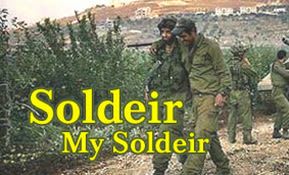
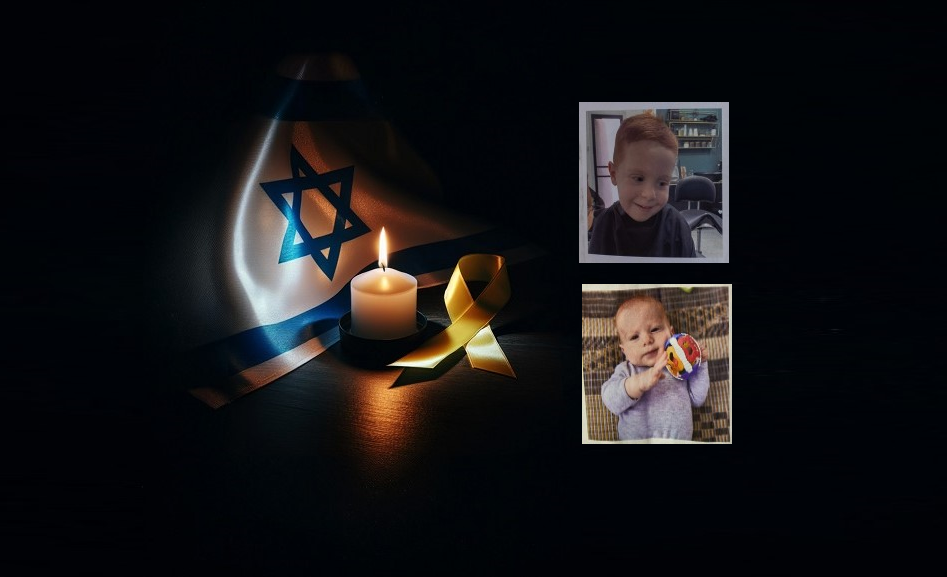

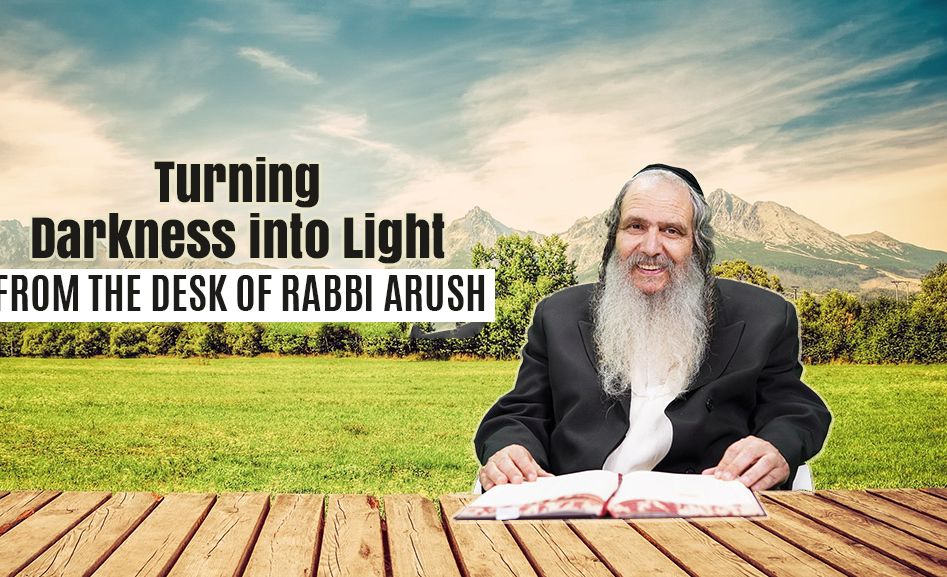
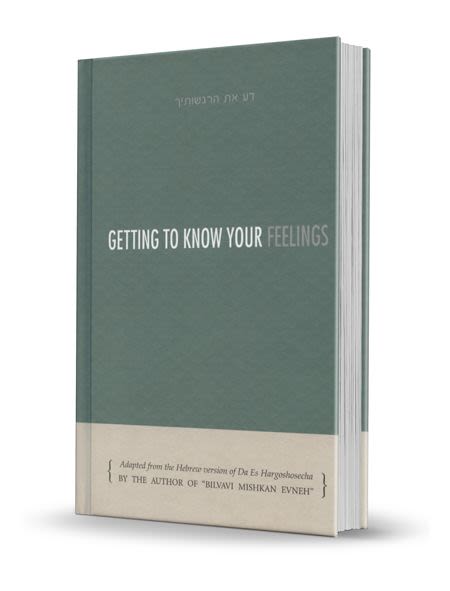
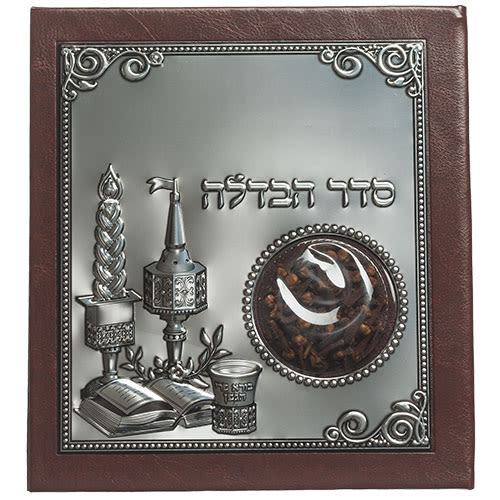
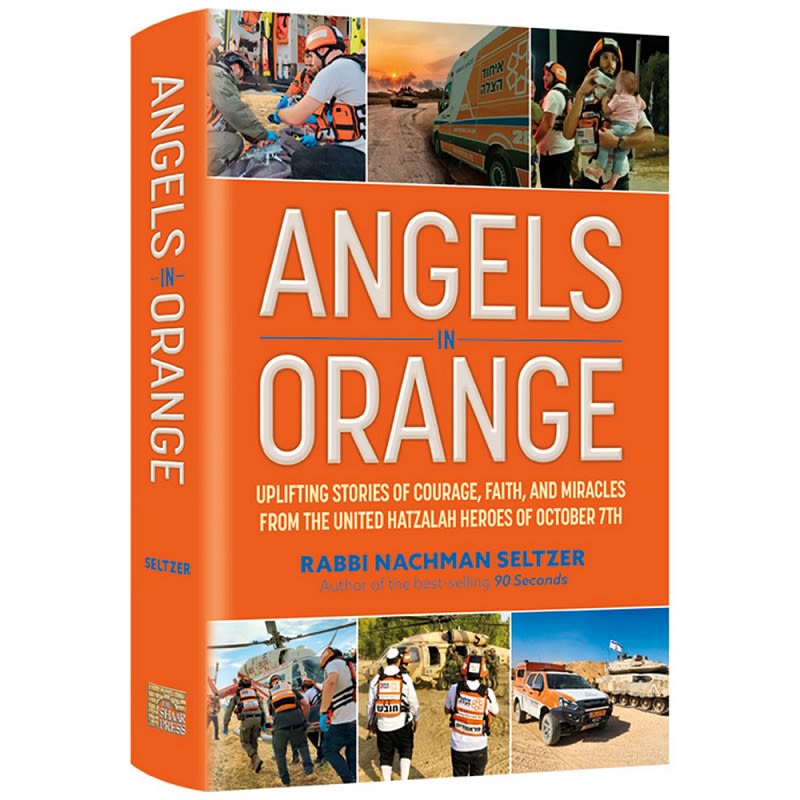
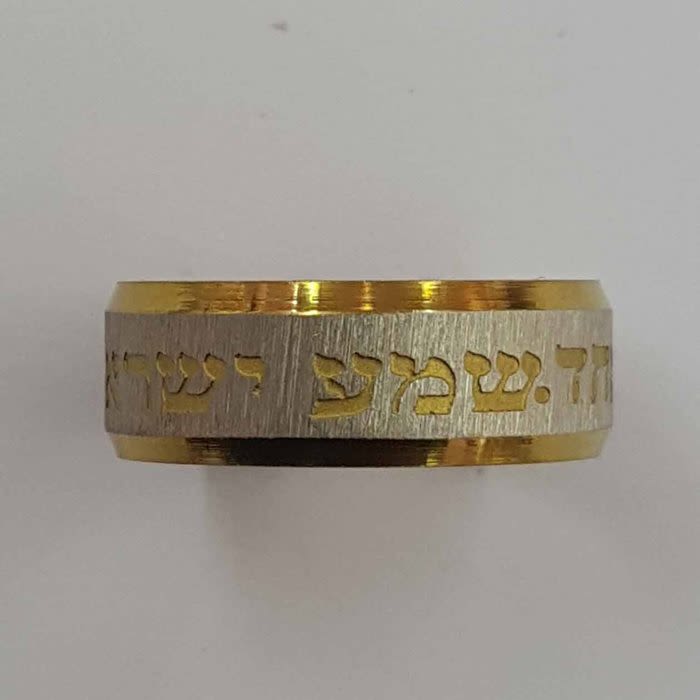


Tell us what you think!
Thank you for your comment!
It will be published after approval by the Editor.